- Overview
- What’s the current Breast Cancer Treatment Cost in India?
- Who Needs Breast Cancer Surgery?
- Types of Breast Cancer Surgery
- Factors Affecting the Breast Surgery Cost
- Types of Breast Cancers
- How Breast Cancer Surgeries are performed?
- Benefits of Breast Cancer Surgery
- Post-Surgical Care and Recovery Phase
- Make an Informed Decision About Cancer Surgery Costs





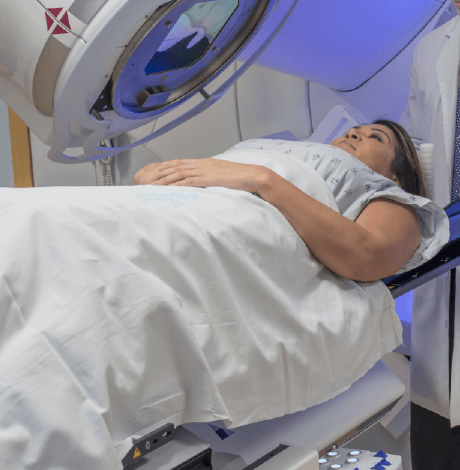

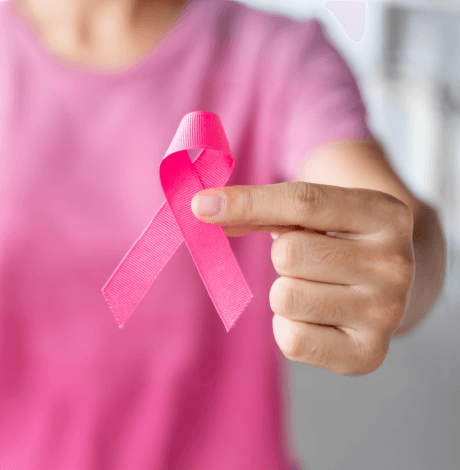
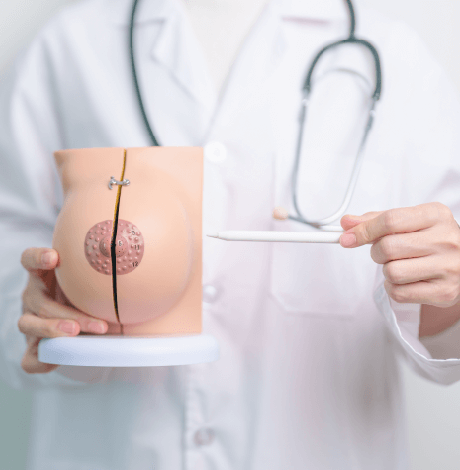

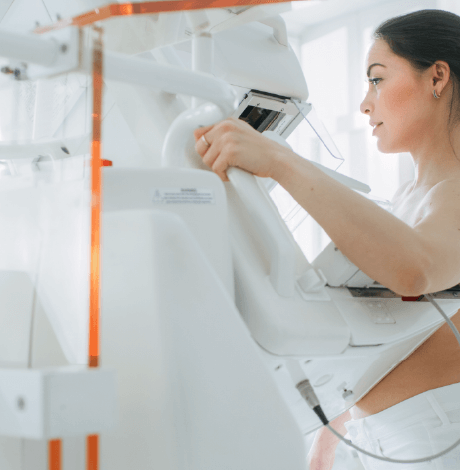
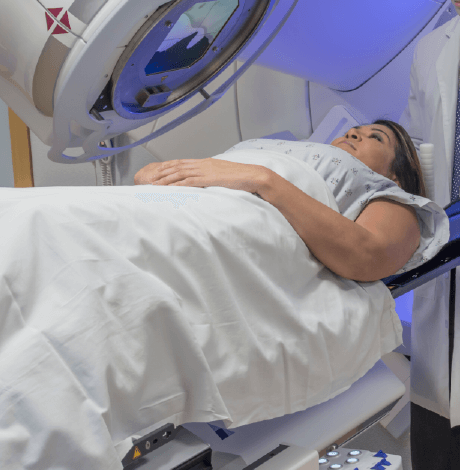

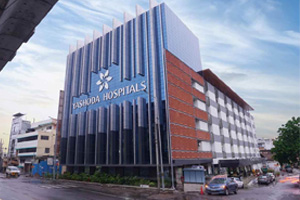
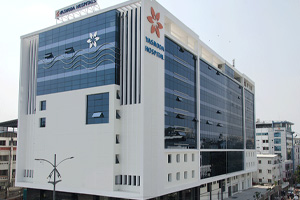
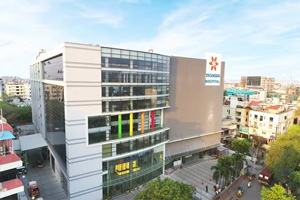
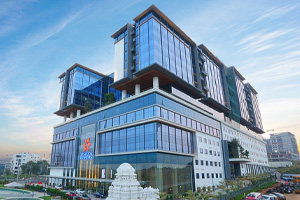
 Appointment
Appointment WhatsApp
WhatsApp Call
Call More
More

